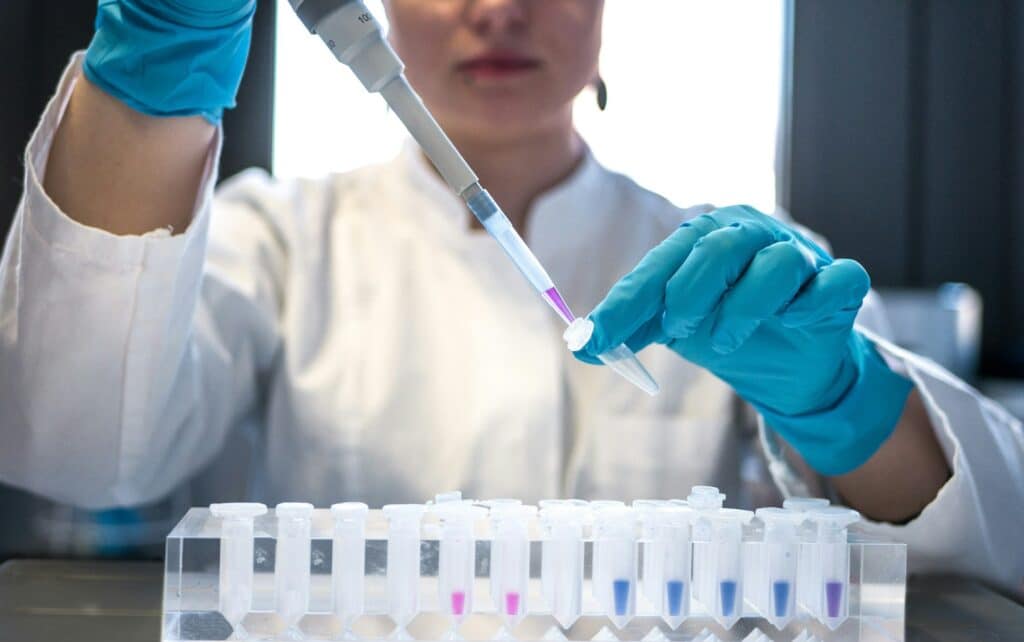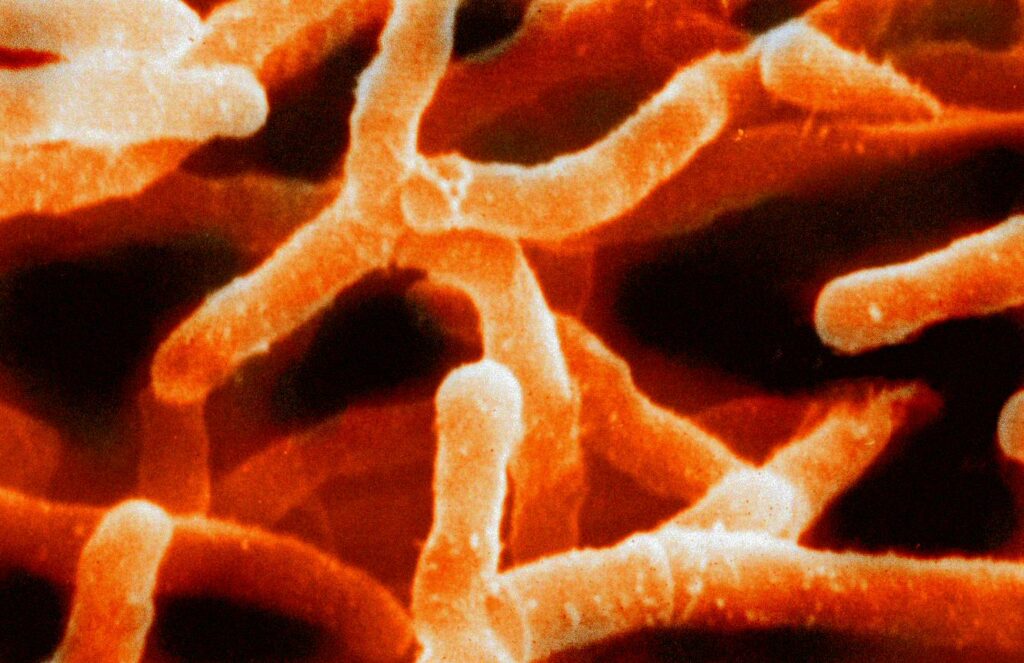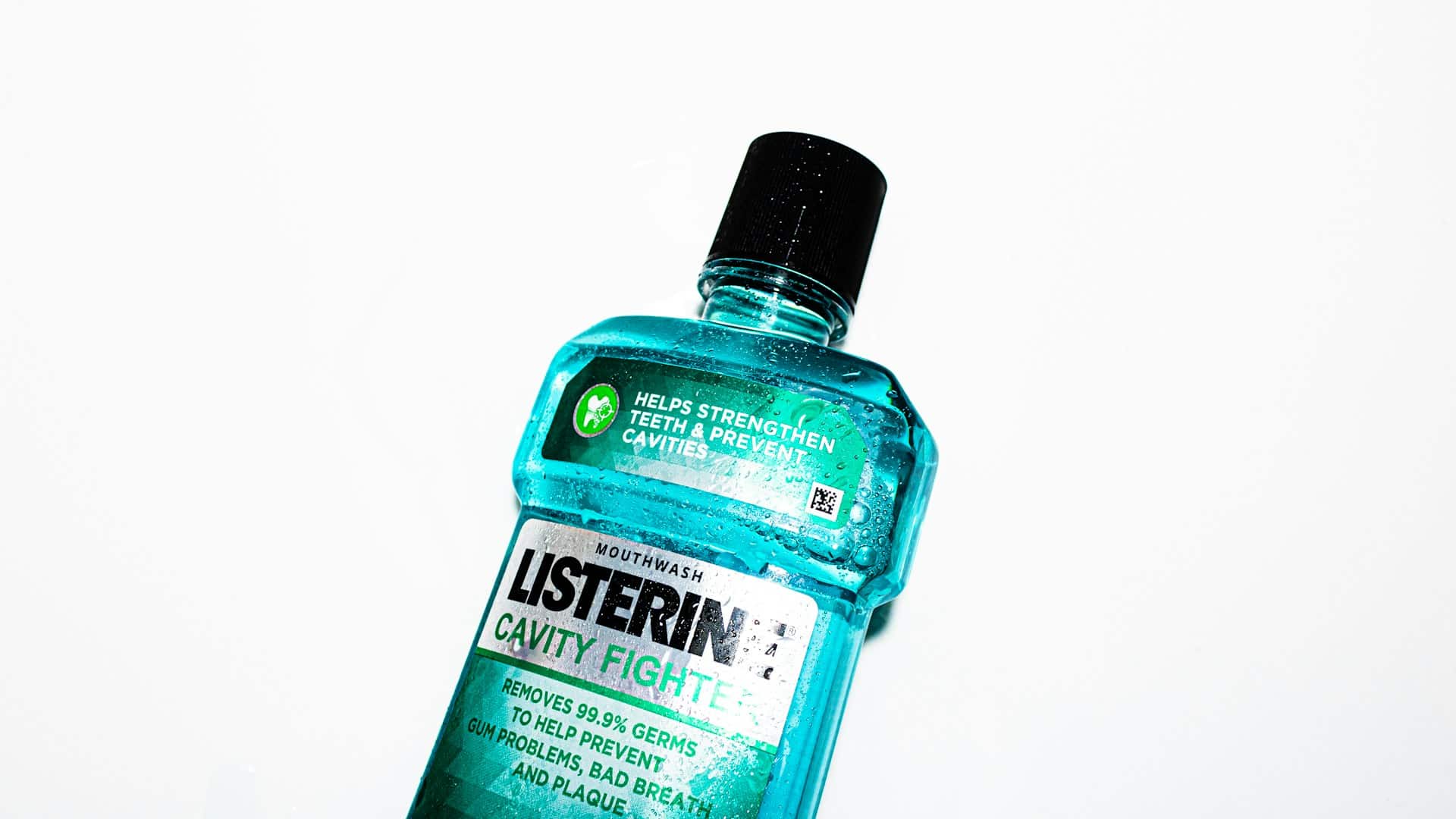Recently over dinner, my wife’s daughter, Andrea, mentioned a report she had heard about mouthwash causing diabetes.
I’ve been a nurse for almost 30 years and that sounded about as stupid as anything I had ever heard and I told her so. But I immediately caught myself. This is the information age, after all. No reason to shut down conversation when we can just look up the contested facts and have Google sort us out.
What I read shocked me, not only because she was right, but because the reasons she was right validated so many things that I think and feel about the astounding medical misdirection of the current age. Furthermore, I could immediately see how my insecurity in my experience and intuition blocked me from receiving her pronouncement with more grace. It was just revelation upon revelation.
But first, the report.
Back in 2011, a group of researchers in Puerto Rico kicked off a long-term study of overweight persons. As far as I can tell, they were initially trying to see if medications marketed to reduce cholesterol levels might have an effect on lowering inflammation in the mouth. It wasn’t much more sophisticated than recruiting 1200 obese people and poking them in the gums. What they noticed is that people who took these lipid-reducing medications seemed to bleed less when their gums were poked as compared to the participants who did not take these medications. The tentative conclusion is that lipid-lowering agents may reduce systemic and/or oral inflammation.
As mentioned, this was a long-term study that took place over several years. This allowed the researchers to study the effects of a number of things and, for reasons that remain unclear to me, their curiosity inclined them to evaluate the effects of mouthwash. This is where things get interesting in a way that I am going to try very hard to explain.
Let’s start with the results.

Using mouthwash two or more times daily is associated with an increased risk of diabetes and high blood pressure. Our fresh breath may come at the cost of our pancreas and a functioning circulatory system. And it all comes down to a single molecule:
Nitric oxide.
Apparently this stuff has a role in regulating vascular tone, in particular the relaxation and dilation of blood vessels. When vessels contract, they become narrow and the internal pressure increases, kind of like when you put your thumb on the end of a garden hose to make the water spray further. By making the opening smaller, you increase the water pressure at the outlet. Of course the opposite is true. Blood moves with much less pressure in dilated blood vessels.
That’s where nitric oxide comes in. As long as it gets to where it needs to go, our circulatory system can relax with a resulting drop in blood pressure. Without it, everything tenses up and our blood pressure rises.
But one does not simply go out and get nitric oxide. The molecule is the byproduct of several very interesting chemical reactions within the body that starts with eating vegetables rich in nitrates, things like beets and celery and spinach. About 75% of these nitrates are filtered by our kidneys and passed right out through our urine.
In some crazy twist, the remaining 25% of these nitrates end up in our salivary glands, and here’s where it gets wild.
Our nitrate-laced spit interacts with the naturally occurring bacteria within our mouths. These little guys have developed a way to effectively “breathe” without oxygen, but they need that nitrate to do it. In the same way that we inhale oxygen and exhale carbon dioxide, these mouth bugs inhale the nitrate from our vegetables and exhale nitrite.
We then swallow the nitrite and some of it reacts with the acids in our stomach, becoming nitric oxide, the magic molecule that helps to keep our blood vessels nice and relaxed. Any unconverted nitrite makes its way into circulation where it is theorized to improve the flow of blood through specialized cells of the pancreas, enhancing the production of insulin.
Hopefully you followed all of that, and if you did what you may have stumbled into is the recognition of a symbiotic relationship between you and the bugs in your mouth. You eat your veggies, giving them the nitrates they need to survive and in exchange they will give you the molecules to reduce both your blood pressure and blood sugar.

Compromise. Diplomacy. The uneasy truce that we see so often reflected in the wilderness is evidenced right here in our very mouths.
But we want what we want, and so we flood our pie-hole with antibacterial rinses that all but obliterate these marvelous microbes, destroying this critical metabolic supply chain and driving up our pressures and sugars bit by insidious bit.
A fundamental religious premise, so very difficult for irreligious people to accept, is the reality that our bodies are not our own. Despite the overwhelming experiential and physical evidence to support this premise of non-ownership, the secular western cultural zeitgeist insists on reinforcing radical autonomy, personal sovereignty, and self-determination as peak cultural values. Though we had no agency in our coming into existence, we are hourly buffeted by circumstances well beyond our control, and now . . . beholden to a colony of oral microbes for the management of our most delicate body systems, secular ideologues continue to beat the drums of liberty in a completely delusional rejection of the exquisite interdependence that is our existence.
There is so much misery that follows our persistent, infantile attempts to resolve the tensions inherent in that interdependence. We imagine that if things could just be exactly as we want them, then everything would be just fine. But we didn’t know about the mouth bugs and the nitric oxide and the countless other mysteries that surround us.
The religious perspective allows for that ignorance. It normalizes it, invites us to consider what we don’t know as likely greater than what we do and to cultivate our humility within that likelihood. Our character is refined through our confusion and we are transformed through our frustrations into a mercy for others.
The research about the mouthwash and the obese Puerto Ricans needs a lot more review and follow-up and hypothesis testing and whatever else these science-types do. They’ll go looking for more and more specific answers to the mechanics of this very specific situation and that’s just the nature of the science beast. We look forward to seeing what they come up with, but what we’ve got is more than enough.
We’ve got proof that people are shortsighted, incapable of fully recognizing the consequences of their actions beyond the immediately and viscerally obvious.
We do not have proof that humanity will ever transcend this tendency.
Perhaps what is best freshened here is not our breath so much as our relationship with the Origin of all breath.
You can read the study here.
Leave a comment below for posterity or join us in the D&T Chautaqua Discord to discuss this post with other adventurous spirits from around the world.

One Reply to “The Hidden Dangers of Fresh Breath”